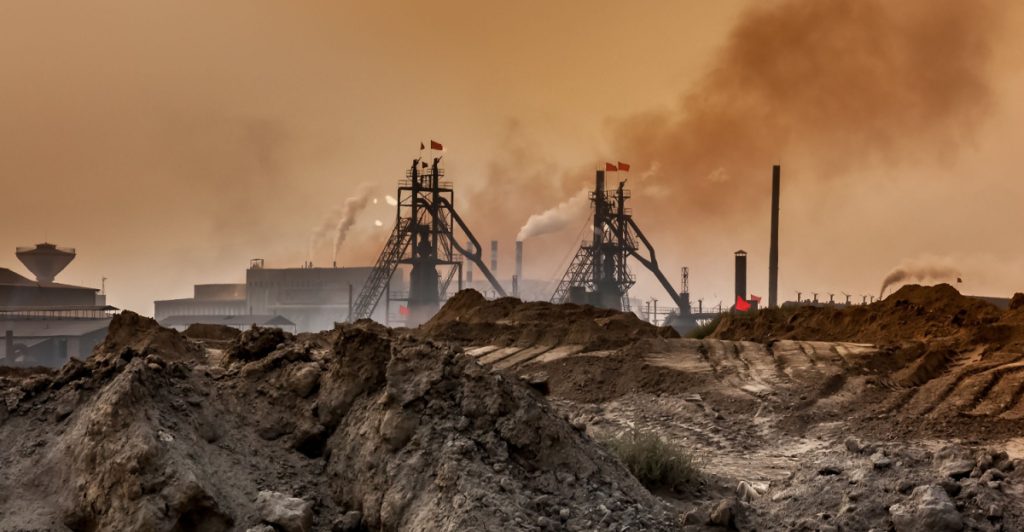The agreement aims to resume critical mineral shipments to the U.S., easing supply chain pressure as both countries seek to de-escalate trade tensions.
Others are reading now
The U.S. and China have reached a new agreement to accelerate rare earth shipments, signaling progress in easing trade tensions between the two global economic giants.
The rare earth pact comes as both countries work to defuse a trade war that has disrupted key industries, from automotive to aerospace. Although specific details remain limited, the White House confirmed the deal aims to streamline the export of rare earth elements from China to the United States.
Framework Builds on Geneva Talks
The deal follows a commitment made during trade negotiations in Geneva last month, where China agreed to remove non-tariff barriers it had imposed since April, as reported by Reuters.
A White House official described the agreement as an “additional understanding” to implement the Geneva framework and expedite rare earth exports.
Also read
President Donald Trump, speaking earlier this week, mentioned the deal and hinted at a potential separate arrangement with India.
“They’re going to deliver rare earths to us,” U.S. Commerce Secretary Howard Lutnick told Bloomberg. “Once they do that, we’ll take down our countermeasures.”
Supply Chains Still Fragile
Despite the breakthrough, challenges remain.
China has been slow to approve export licenses, citing national security concerns over potential military applications of rare earths. Industry sources note that these dual-use restrictions are being strictly enforced, delaying shipments.
In recent weeks, China temporarily allowed exports to top U.S. automakers, suggesting a cautious easing of controls.
The Trump administration had responded to Chinese restrictions with its own export limits, targeting semiconductor design software and aviation components.
While the current understanding marks progress, officials and analysts caution that a comprehensive trade deal remains distant.
China’s embassy in Washington has yet to comment on the announcement.
This agreement highlights the complex, high-stakes balancing act both nations face as they navigate economic competition and strategic dependencies in the critical minerals sector.


